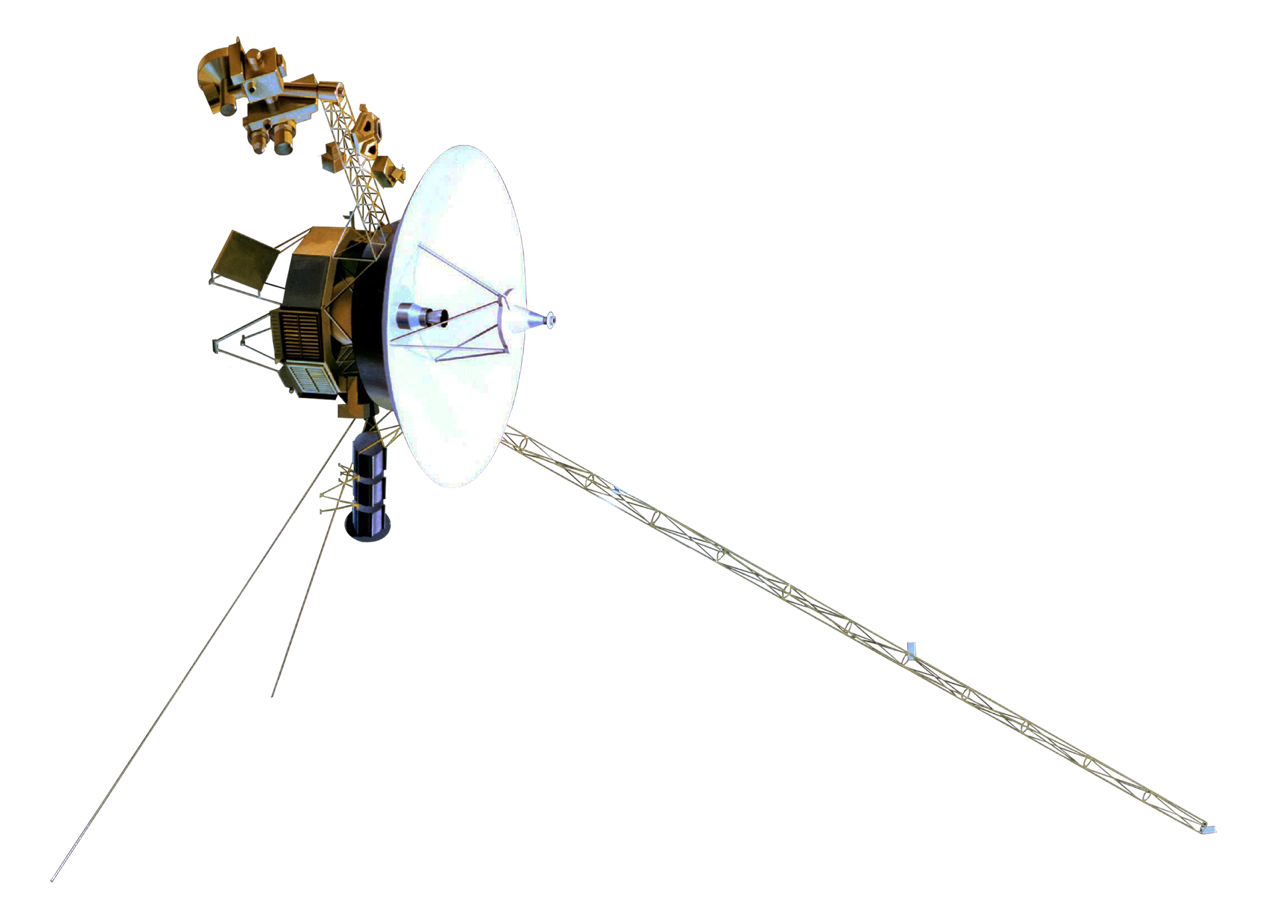Free Courses Sale ends Soon, Get It Now


Free Courses Sale ends Soon, Get It Now



Source: Wikipedi
Disclaimer: Copyright infringement not intended.
Context
Details
Voyager 1
Background:
Technical Specifications:
Journey Through the Solar System:
Golden Records:
Must read articles:
Sources:
|
PRACTICE QUESTION Q. Discuss the significance and challenges of interplanetary missions, citing examples from recent space exploration endeavors. How do such missions contribute to our understanding of the universe and humanity's place within it? (250 Words) |
© 2024 iasgyan. All right reserved